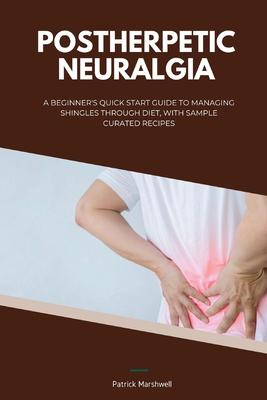Postherpetic neuralgia (PHN) is a disorder that can manifest itself in a patient after chickenpox. The chickenpox virus, which causes the itchy, blistering rash we associate with a childhood disease, remains latent in the nerve cells of a person after they have recovered from the disease. Shingles are the result of the virus becoming active again, which can happen in certain people.
When nerve cells are injured as a result of shingles, a condition known as postherpetic neuralgia can develop. The end outcome is persistent discomfort in the area that was afflicted. The discomfort can range from moderate to severe, and it may linger for several months or even several years.
There is currently no known cure for postherpetic neuralgia; however, there are therapies that may assist in alleviating the pain associated with the condition. These include medical treatment, surgical procedures, and lifestyle changes.
In this quick start guide, we'll discuss in detail the following subtopics:
Varicella zoster virus and postherpetic neuralgia
What are the symptoms of postherpetic neuralgia?
How to diagnose postherpetic neuralgia?
When to see a doctor?
Who is at risk of getting postherpetic neuralgia?
What are the medical treatments for postherpetic neuralgia?
How to prevent postherpetic neuralgia?
Managing postherpetic neuralgia through lifestyle changes
Managing postherpetic neuralgia through diet
So read on to learn everything you need to know about postherpetic neuralgia!
